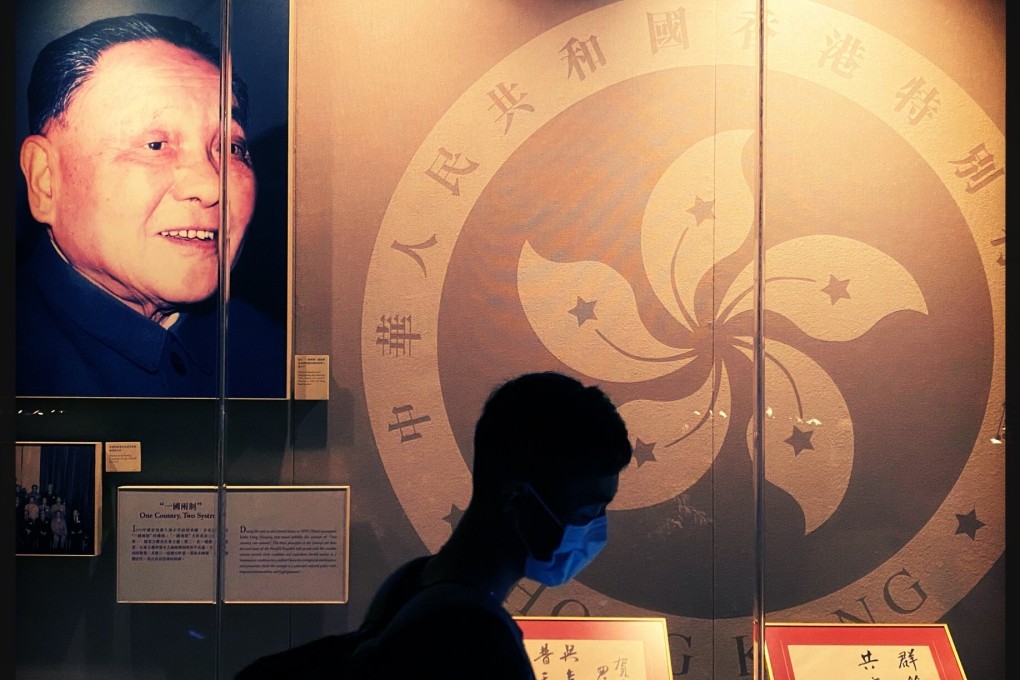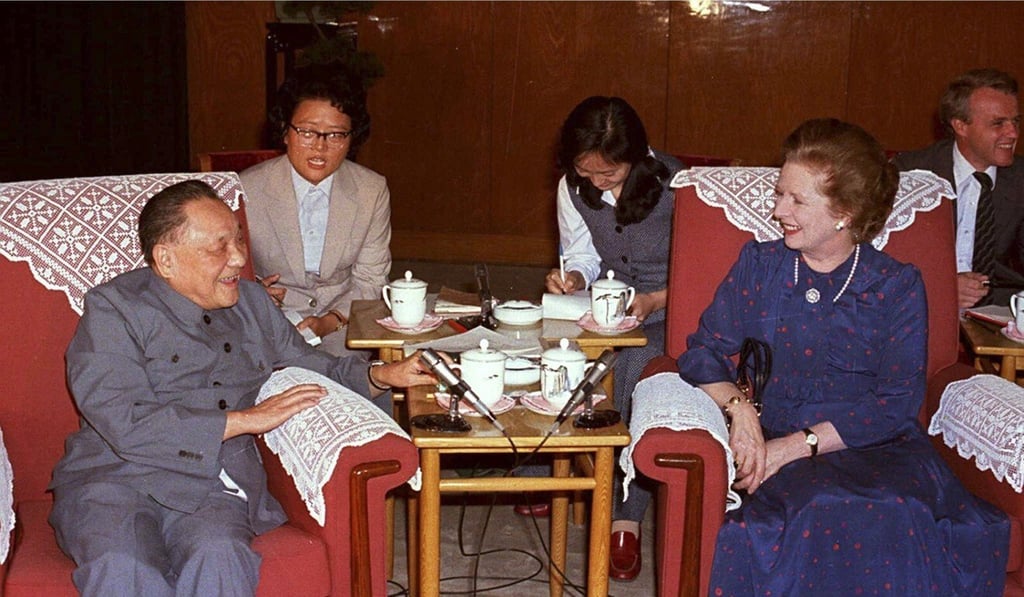Deng Xiaoping’s ‘patriotism’ could soon be required for public office in Hong Kong. What does the term mean?
- The leader consistently stressed the city’s administrators must back the motherland’s sovereignty over Hong Kong and commit to its prosperity
- But that dedication did not require devotion to the party, which could tolerate criticism but not actions to undermine the nation

China’s top legislative body meeting in Beijing is expected to make patriotism as defined by late leader Deng Xiaoping an explicit requirement for Hong Kong lawmakers.
Deng addressed the concept several times over the years, but first publicly broached what it meant for Hong Kong during a meeting with local tycoons and politicians in Beijing in 1984. They were worried the city’s handover from Britain to China in 1997 would bring an end to capitalism. Deng sought to reassure them with his “one country, two systems” formula, guaranteeing the city’s distinct economic and political way of life. He stated support for socialism was not a prerequisite for elected office in the special administrative region.
“A patriot is one who respects the Chinese nation, sincerely supports the motherland’s resumption of sovereignty over Hong Kong, and wishes not to impair Hong Kong’s prosperity and stability … whether they believe in capitalism or feudalism or even slavery,” he said. “We don’t demand that they be in favour of China’s socialist system; we ask only for them to love the motherland and Hong Kong.”

In another meeting with local politicians in October 1984, Deng suggested Beijing would indeed tolerate critics of the Communist Party and China.
“We are not afraid of them, the party will not fall apart because of criticisms, but be alert that they must not take action to create chaos in Hong Kong,” he said.
